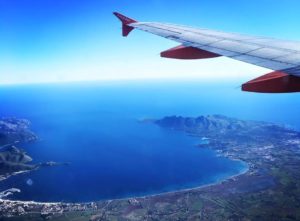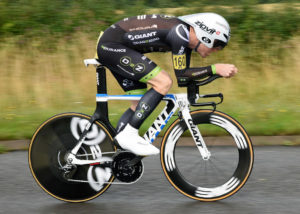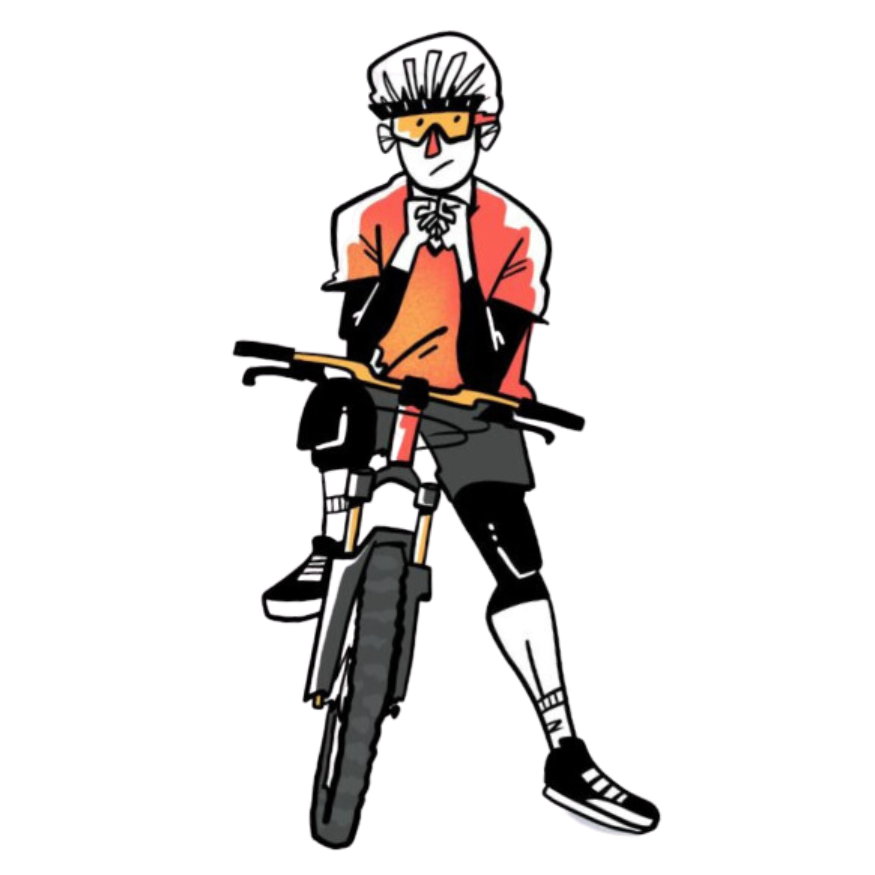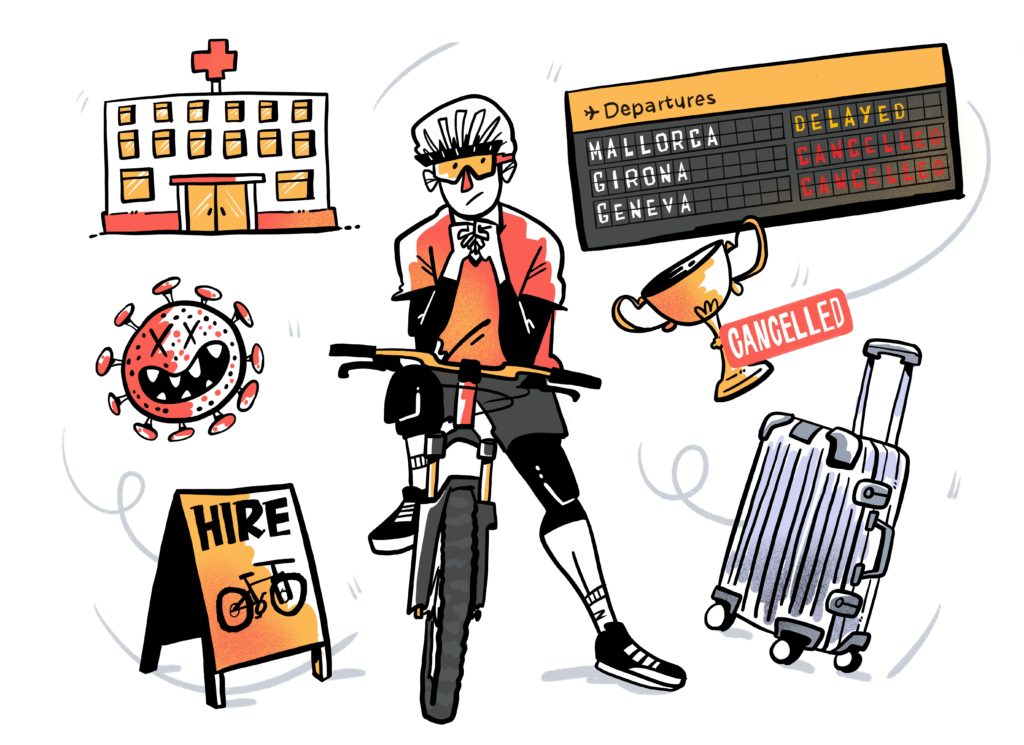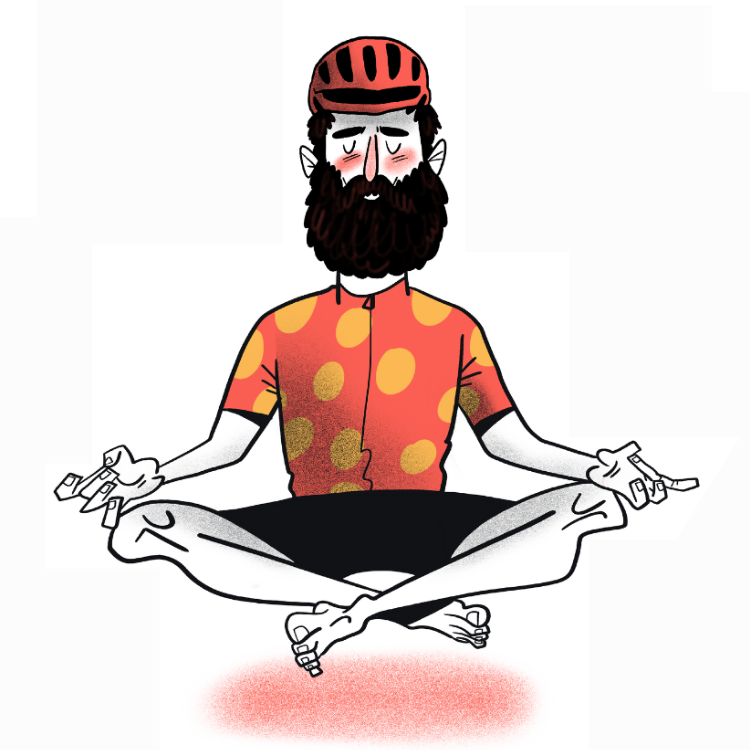We are one Grand Tour and a whole Spring Classics season into 2019 already, so the time is right for our columnist, Emma Nicholson, to address this perennial conundrum.
This house believes that one-day races are more enjoyable than Grand Tours…
Yes, Grand Tours are an enormous test of persistence and endurance that demand months, if not years, of planning and preparation. But they’re also painstakingly scientific (for most teams) and there is an understanding among teams, riders and viewers that maybe only a dozen riders have a chance of winning each of the 21 stages. Everyone else is there because…well, because it’s a Grand Tour – one of the three biggest races of the season, and an honour to ride, right?
One-day races, on the other hand, are a significantly more democratic affair, and with just one finish line, beyond which beers and frites await, they’re a great deal simpler too. A couple of hundred riders, a couple of hundred kilometres and one solitary winner; it’s every man for himself.
https://www.instagram.com/p/BhC-Jt6hjfn/
One of the particularly gratifying things about following one-day races – besides not having to sit through three time trials in one race – is that everything returns to factory settings overnight; no one has to wake up encumbered by the image of a rival rider wearing the leader’s jersey and a massive general classification deficit. It’s the same for riders and lowly fans alike, especially now that we live online where everyone talks about everything.
If our favourite rider doesn’t win one of the big classics then that sucks, it’s disappointing, but the next time they line up to race, they have everything to play for. If our favourite general classification rider loses masses of time to a more obvious, more experienced, more boring rival, then we go to bed knowing that every stage from here to the finale are going to be watched through a grumpy frown of resignation.
https://www.instagram.com/p/Bx4NDCxH-SS/
During each of the year’s three-week slugfests, the hours between the finish line and kilometre zero of the next stage must be filled with sniping, bitterness and endless speculation on the world wide web. The polemic around bike racing is nuts at the most peaceful of times but in May, July and August when our attention turns to Italy, France and Spain, everyone has something to say, and not all of it positive or friendly – why can’t we all just be nice to each other? It’s boring and it’s sometimes unpleasant, but if it means I spend less time on social media, then I suppose I can’t argue!
Of course, discussion and analysis are all just part of being a sports fan, but it’s a different experience during different types of races. Grand Tours are not only overshadowed by the controversies of the past, but the stubborn allegiances of the present. I know I fall victim to the latter, albeit with a degree of reservation; I try to put my passion behind individuals rather than whole teams, just in case their squeaky-clean wheels should fall off…
Room for the underdog?
If you’re a champion of the underdog, you set yourself up to be disappointed while gambling that one day, just maybe, someone the world least expects will get their chance to celebrate as they cross the finish line.
Esteban Chaves was an underdog for a long time until he wasn’t anymore, but now he kind of is again; very few predicted that Chad Haga would actually win the Giro’s stage 21 individual time trial after a career splattered with top-10s; Alberto Bettiol had had a solid start to the year, but who could possibly have guessed he’d chalk up his maiden career victory at the Tour of Flanders? And who can forget Mathew Hayman’s defiant 2016 Paris-Roubaix win on his comeback from a broken elbow, and only his second pro win of a career spanning almost two decades – the ultimate underdog story in recent history.
https://www.instagram.com/p/BEBwGIUQ2mH/
To summarise, Grand Tours have the majesty of high mountains, the mystery of the coming stages and opportunities for underdogs to thrive, but they also carry with them an unfortunate number of dreary transition kilometres, predictable stage winners, and three weeks of anxious waiting to see who’ll crack. Grand Tours often seem over-shadowed by who can’t rather than who can and that’s a negativity that I struggle to enjoy.
NB: I will accept that Richard Carapaz’s Giro d’Italia victory is a special one. Though he was on the strongest team, he was not their rider pegged for overall victory (by everyone outside the team, presumably) but he was clearly the strongest throughout the three-week race and it’s a wonderful story for Ecuador.
https://www.instagram.com/p/ByNs0MhizQQ/
Then we come back to one-day races, those raw, concentrated battles that span a few hours of attritional attacking and counter-attacking which can be won by almost anyone if they want it enough. No one saves themselves; there’s no trying again tomorrow; there’s no limiting of losses. One-day races are do or die, and then they’re over and we all move on, clear-headed, to the next…
Finally, didn’t you see the finish of this year’s Amstel Gold Race? Mic drop…
Words by Emma Nicholson.
Let us know how you feel about this age-old debate on Twitter or Facebook. You can also follow Emma on Instagram and Twitter for day-to-day ramblings and cycling chat.
Title Photo by Árni Svanur Daníelsson on Unsplash





